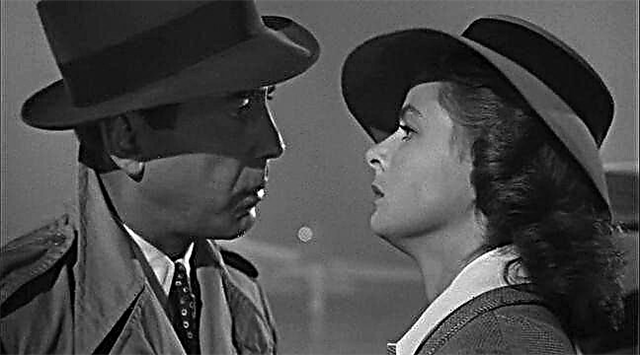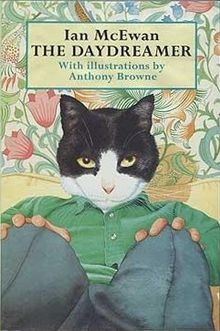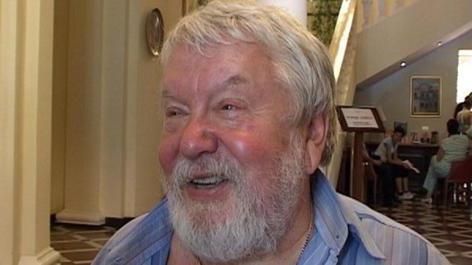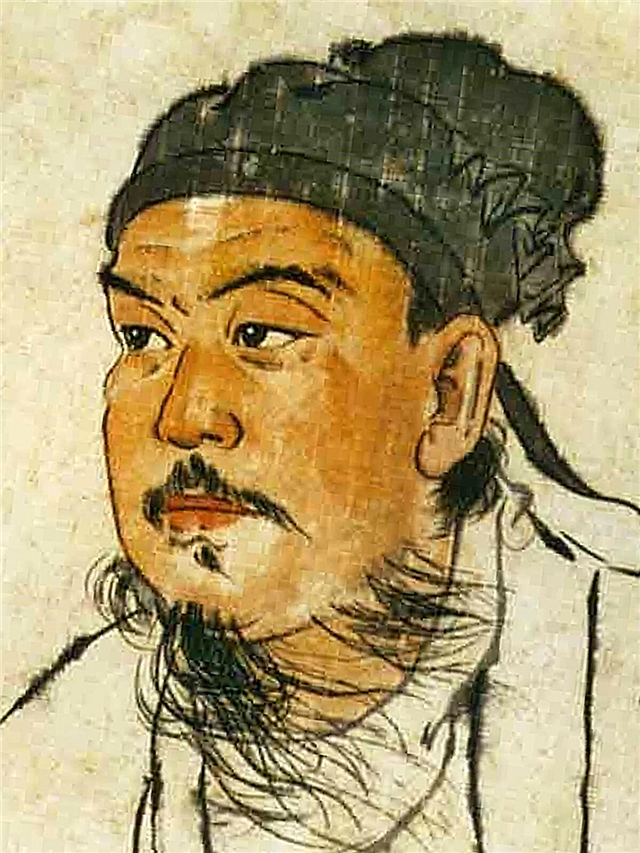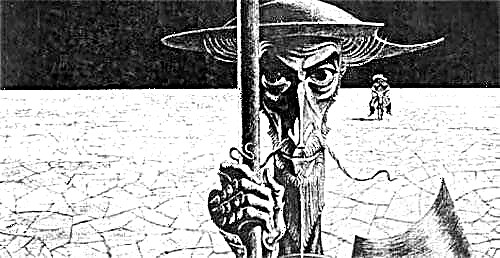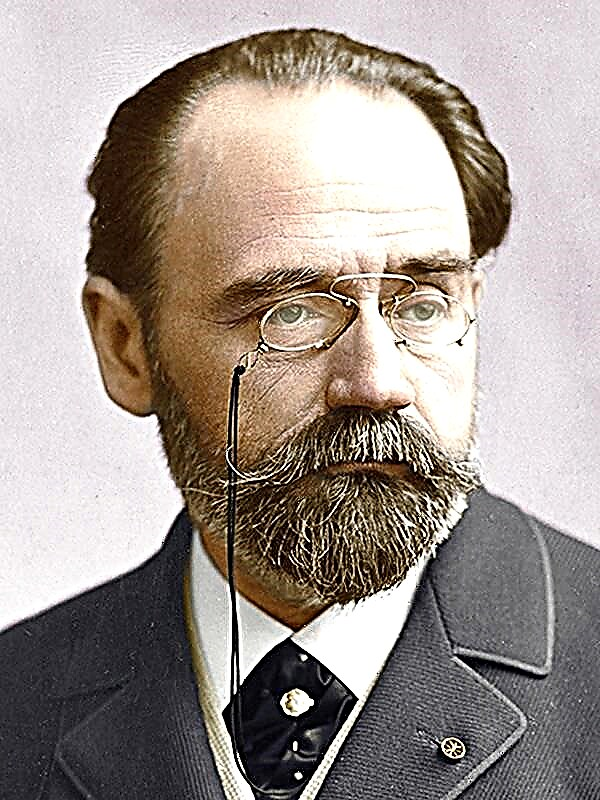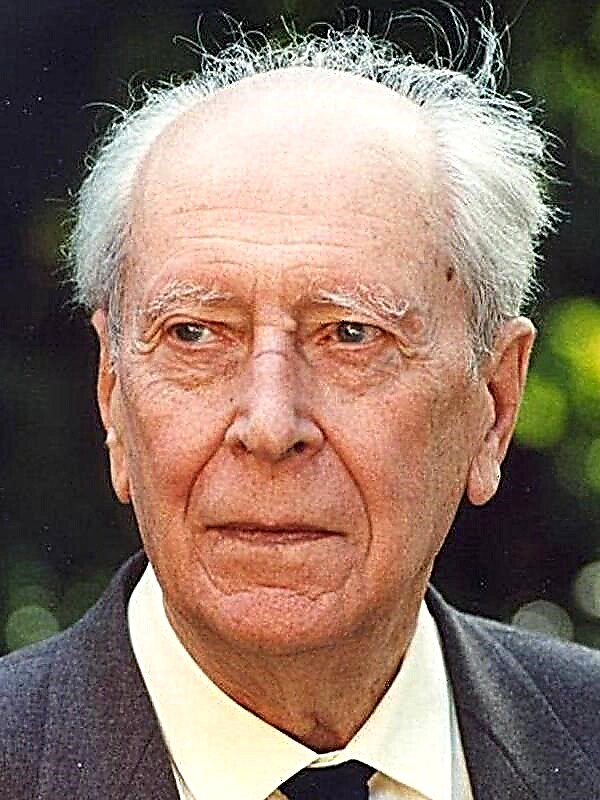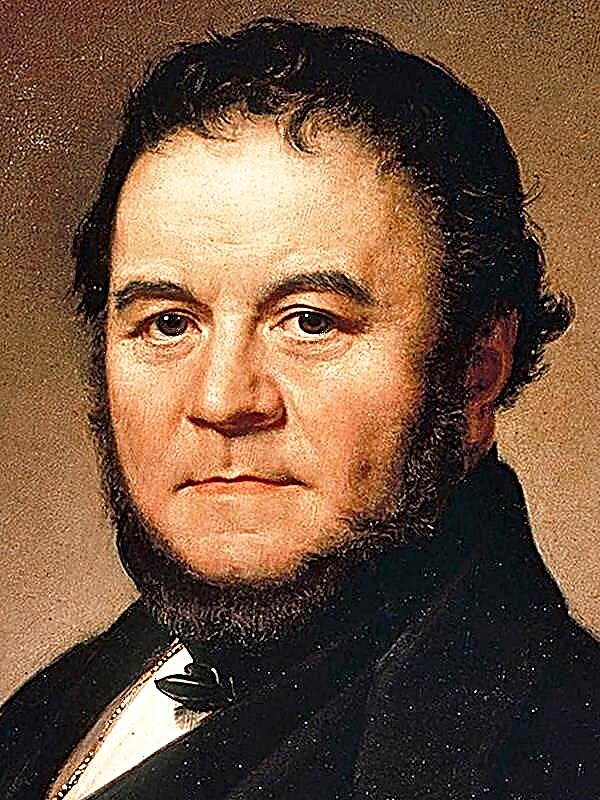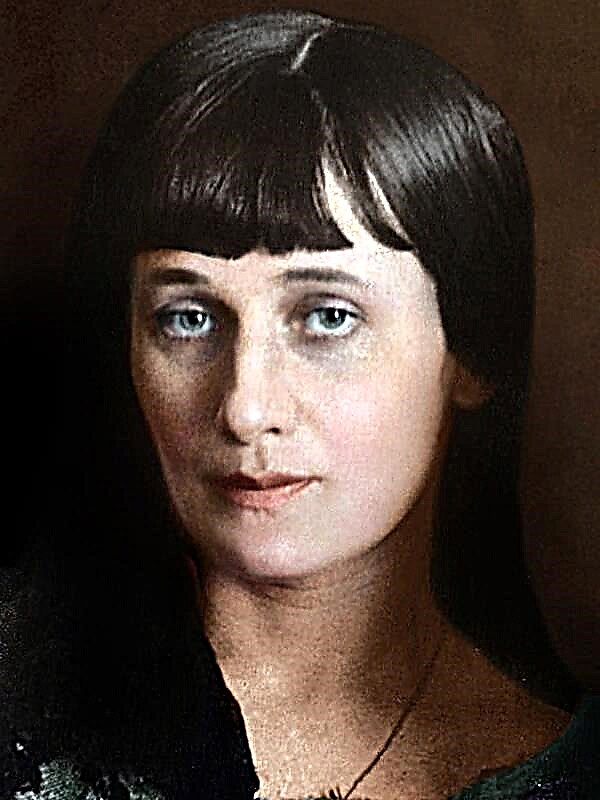(326 words) I.S. Turgenev is a Russian writer whose literary work is filled with special psychologism and tragedy. "Turgenev's characters" truly open to readers only at the very end of the story. One of the most striking examples of such a literary device is the death of the protagonist of the novel "Fathers and Sons" - Yevgeny Vasilyevich Bazarov.
Bazarov is a nihilist who denies even love, which he considers only “physiology”, but she was destined to direct him to the path of recognition of true human values. At the beginning of the story, the hero is a strong, strong and impenetrable young man whose outlook on life fundamentally does not coincide with long-established social norms. But, having met Anna Sergeyevna Odintsova, he was no longer able to restrain the ardor of his feelings. He realized that he had long needed to review his public position. Having set his pride in recognition, he is refused. And here, it would seem, Eugene gets a chance for healing from cynicism. But no. He accidentally infected himself with typhoid and died. Why did Turgenev not let his readers trace the final result of his changes? Bazarov is a specific person, and for him a natural reaction to Anna's refusal would be retreat, complete immersion in oneself. Spiritually, he has already died, having lost hope. We are convinced of this when a talented physician makes a mistake, having become infected: the former Eugene would not have allowed such a thing. That is, the author killed him long before the finale. But physical death proves to the hero that he is not the iron "titan" as he saw himself, but a man with internal weaknesses and fragile emotional attachment. It was this circumstance that aroused in him “sleeping” kindness, tenderness and gentleness in relation to both parents and himself. He has nothing to lose, nothing to be ashamed of himself real. If it were not for the death of Bazarov, we would not have seen a farewell monologue, where he admits himself an extra man, saying that Russia does not need him.
Bazarov was chained in his ideas all his life and armed against everyone, restricting himself from other people. And only before his death, he realizes that his life is endless, like the flowers on his grave - it is not for nothing that the writer describes this moment. Bazarov is dying, but his ideas continue to live.

